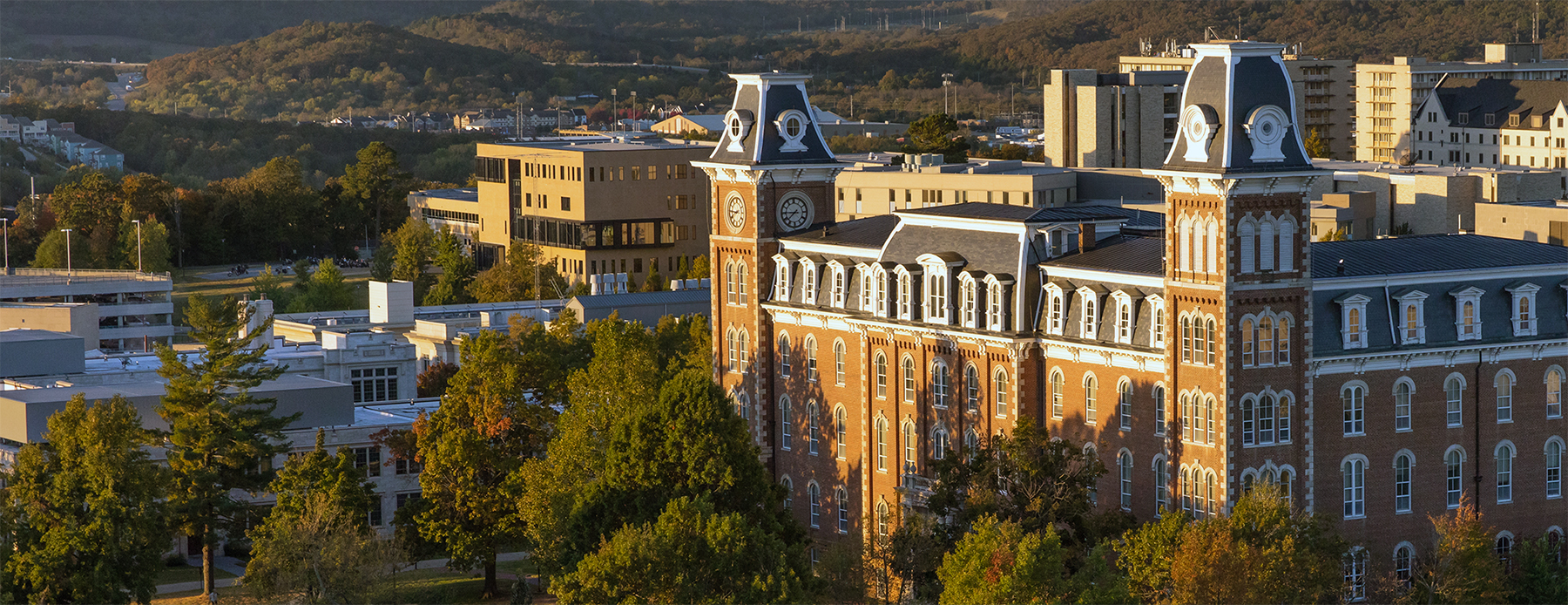
Welcome to the Department of Anthropology
Nested within the Fulbright College of Arts and Sciences, we offer undergraduate Bachelor of Arts and Bachelor of Science degrees, an undergraduate minor, and graduate Master of Arts and Doctor of Philosophy degree programs. Using a wide array of scientific and humanistic approaches, we conduct ethically-minded research and scholarship that provides a critical perspective on culture, society, and human biological variation and evolution.
Areas of Study
Archaeology
Our archaeology faculty is particularly strong in expertise on the U.S. Southeast, the Great Plains, Mesoamerica, and South America. We have strengths in GIS, remote sensing (air, space, and ground), materials science, environmental dynamics, quantitative techniques, and public archaeology.
Learn More
Biological Anthropology
Biological anthropology is broadly defined as encompassing the present and past nature and evolution of humankind and other primates. Our faculty are particularly strong in dental anthropology, biomechanics, and advanced quantitative techniques.
Learn MoreCultural Anthropology
Cultural anthropologists focus on issues such as ethnicity, gender, class, religion, and public culture as shaped by history and migration.
Learn More
ANTHROPOLOGY IN THE NEWS